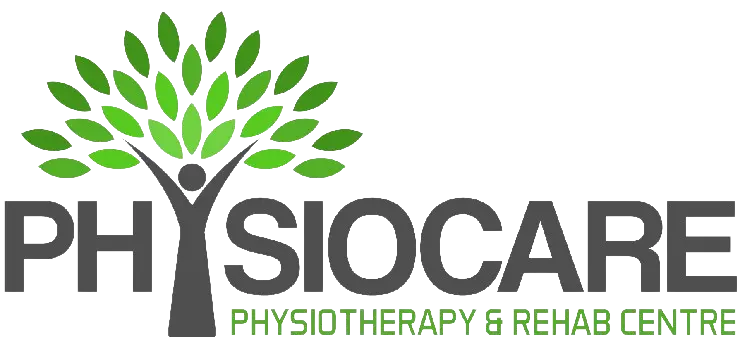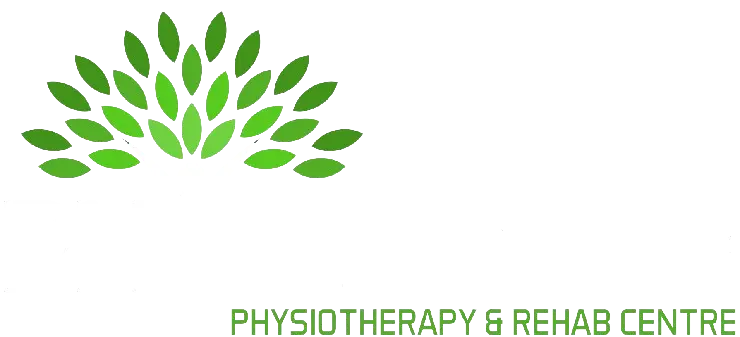
Understanding Prenatal Pelvic Floor Therapy for a Healthy Pregnancy
Pregnancy is a beautiful and transformative experience, but it also brings about physical changes that can be challenging. One area that often gets overlooked, yet plays a crucial role in your pregnancy journey, is the pelvic floor. For many expecting mothers, pelvic floor therapy can be a game-changer in terms of comfort, health, and long-term well-being. Let’s dive into what prenatal pelvic floor therapy is, why it’s important, and how it can help you during pregnancy.
Understanding Prenatal Pelvic Floor Therapy: Why It’s Essential for a Healthy Pregnancy
Pregnancy is a beautiful and transformative experience, but it also brings about physical changes that can be challenging. One area that often gets overlooked, yet plays a crucial role in your pregnancy journey, is the pelvic floor. For many expecting mothers, pelvic floor therapy can be a game-changer in terms of comfort, health, and long-term well-being. Let’s dive into what prenatal pelvic floor therapy is, why it’s important, and how it can help you during pregnancy.
What Is the Pelvic Floor and Why Is It Important?
The pelvic floor is a group of muscles located at the bottom of your pelvis. These muscles support vital organs such as your bladder, uterus, and rectum. They also play a role in sexual health and help control urination, bowel movements, and even gas. During pregnancy, your pelvic floor undergoes a lot of strain, especially as your baby grows and your body prepares for labor. Hormonal changes, added weight, and the pressure of the growing uterus can lead to weakened pelvic floor muscles, which could cause issues like urinary incontinence, pelvic pain, and even complications during childbirth.
What Is Prenatal Pelvic Floor Therapy?
Prenatal pelvic floor therapy is a specialized form of physical therapy aimed at strengthening and relaxing the pelvic floor muscles during pregnancy. A trained pelvic health therapist will guide you through exercises that target the muscles in this area, helping to prevent or manage common pregnancy-related issues.
Benefits of Prenatal Pelvic Floor Therapy
- Improves Bladder Control
Many pregnant women experience urinary incontinence or leakage due to the added pressure on the bladder. Strengthening the pelvic floor muscles helps prevent or reduce these issues. - Relieves Pelvic Pain
Pelvic pain is a common complaint during pregnancy. The added weight of the growing baby can create pressure on the pelvic region, leading to discomfort. Pelvic floor therapy can help alleviate this pain by improving muscle strength and flexibility. - Promotes a Healthier Labor and Delivery
A strong, flexible pelvic floor can make labor easier. By learning how to relax and control these muscles, you can reduce the risk of tearing during delivery and help promote a smoother birthing process. - Reduces Risk of Postpartum Issues
By strengthening your pelvic floor muscles before birth, you reduce the risk of pelvic floor dysfunction after delivery, which can include issues like incontinence or prolapse. - Improves Core Strength
Prenatal pelvic floor therapy can also enhance overall core strength, which is important for maintaining good posture, preventing back pain, and supporting your growing belly.
When Should You Start Prenatal Pelvic Floor Therapy?
It’s a good idea to begin pelvic floor therapy early in your pregnancy (after your first trimester), although it’s never too late to start. Many women find it especially helpful in the second and third trimesters as their bodies undergo more significant changes.
A pelvic floor therapist will assess your current pelvic health and create a personalized plan to help address any issues or concerns. These plans may include exercises like Kegels, posture correction, breathing techniques, and pelvic alignment.
How Does a Prenatal Pelvic Floor Appointment Work?
During a prenatal pelvic floor therapy session, the therapist will guide you through gentle exercises designed to target and strengthen the muscles of your pelvic floor. These exercises may involve:
- Kegel exercises to improve muscle tone and control
- Breathing exercises to help you relax and engage the pelvic muscles correctly
- Stretching and posture correction to release tension in the pelvic area
- Manual therapy techniques to alleviate tightness and discomfort
- Active rehab exercises to maintain strength and mobility during pregnancy
The therapist will also give you exercises to practice at home, ensuring that you build strength and mobility gradually.
Final Thoughts
Pregnancy is an exciting journey, but it comes with physical challenges. Pelvic floor therapy in Ottawa offers a safe and effective way to manage discomfort while preparing for childbirth. Whether you’re experiencing pelvic pain, bladder leakage, or simply want a smoother delivery, this therapy is a fantastic option.
Always consult your healthcare provider before starting any new therapy or exercise. If you’re considering pelvic floor therapy in Ottawa, reach out to a trained professional specializing in prenatal care.
Remember to consult with your healthcare provider before starting any new therapy or exercise regimen, and if you think pelvic floor therapy might be right for you, don’t hesitate to reach out to a trained professional who specializes in prenatal care.
Taking care of your pelvic floor during pregnancy can make all the difference in your comfort and recovery—because a healthy mom is key to a healthy pregnancy!
By: Prateeksha Viradiya Registered Physiotherapist | Operations Manager
Certified in Pelvic Floor, Lymphedema, Acupuncture, and Dry Needling
Certified ROST Therapist | RAPID Treatment Specialist
Physiocare Physiotherapy and Rehab Centre

